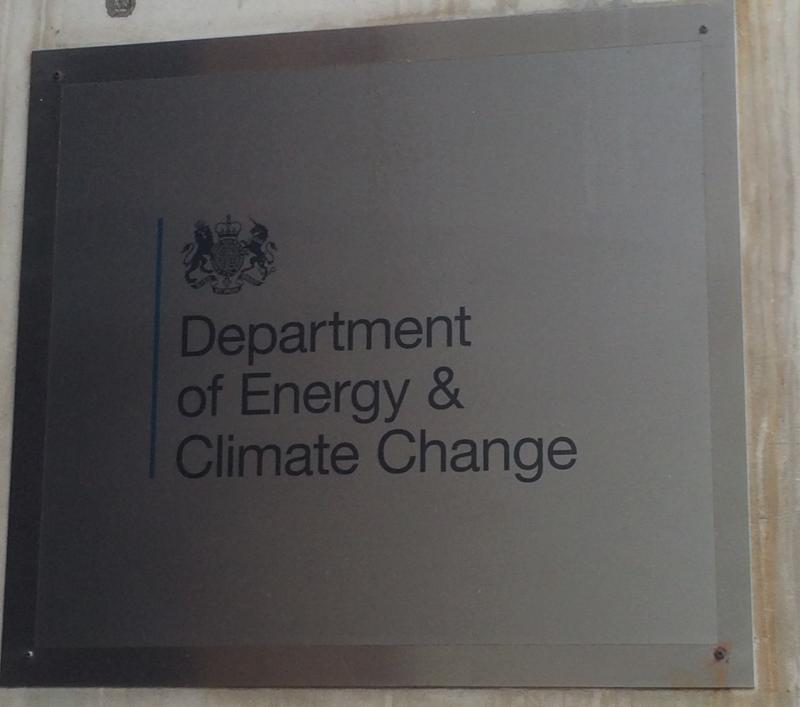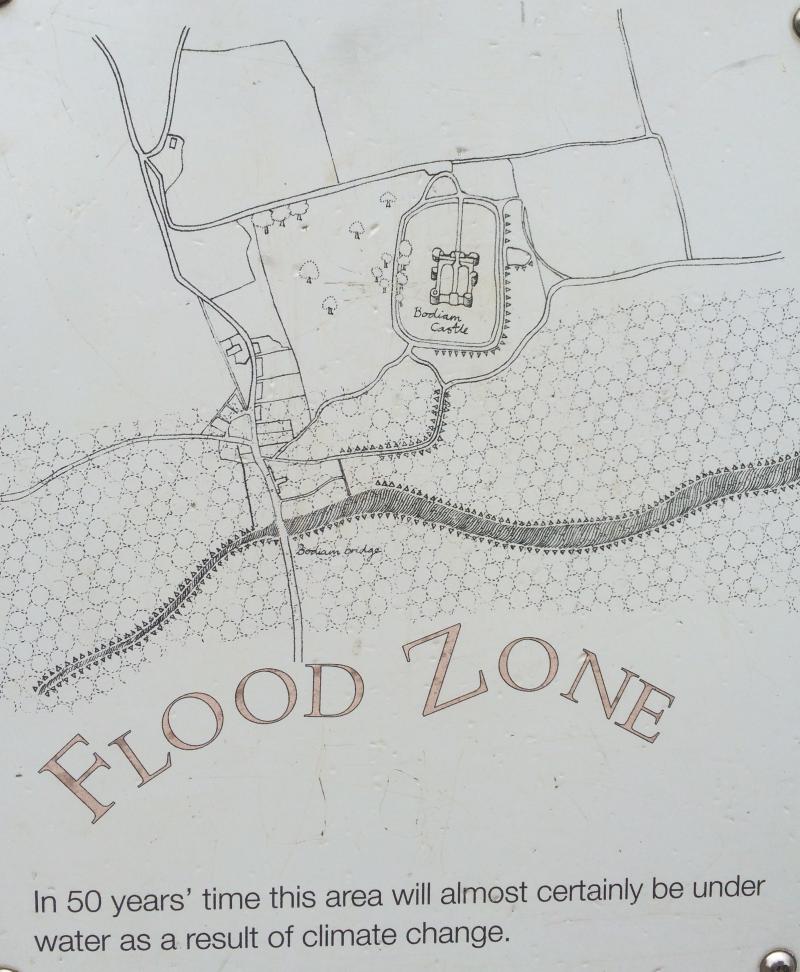My family has had a long relationship with England. My grandmother did theater with Vivian Leigh and Lawrence Olivier in the late 1930s and left only when she had to due to the approach of WW II. She and my grandfather bought a house in Kent in 1960 and my dad more or less grew up there. My grandfather was a lawyer by necessity, but his passion was linguistics. He was fascinated by the differences between British English and American English and wrote several books on the topic. All of this anglophilia culminated, for me at least, with my marriage to an Englishman, someone I've known since I was seven.
This very long introduction is all to explain why I was in England last month. I could have just said "So, I was in England last month..." but that wouldn't have been as much fun, would it?
Anyway, amid my two plus weeks of pastoral perfection, in which I paid my respects to Wallace and Darwin, passed by “Dippy,” and ate a lot of clotted cream, I came across a couple of, to me, remarkable things.

The first was the Department of Energy and Climate Change at 55 Whitehall in London. I stopped in my tracks and just stared at it. After some quick Googling, I found out that it is a ministerial department, akin to our cabinet departments. Then, a couple of days later, I found myself walking around a sign outside a gift shop at the local Castle, Bodiam, which is owned by the National Trust. The sign noted that in 50 years time, where I was standing would be under water…because of climate change. (The base of the Castle is about 8 meters above sea level and ten miles from the coast, but there is no question that low-lying parts of the world—including the East coasts of the US and UK—are already suffering increased flooding from altered hydrologic dynamics and poor planning.)
Why did these two things strike me so forcefully? Because I’m so used to the climate change battles at home, the trouble people go through to sidestep and dodge the issue, to even avoid teaching the basics to our kids. How refreshing it was to see it clearly, unequivocally, addressed.
But England is not immune to controversy surrounding climate change. There is a pretty active group that opposes climate change mitigation and there was a recent battle to pull climate change from England's geography curriculum. The offending standard reads: “Understand how human and physical processes interact to influence and change landscapes, environments and the climate; and how human activity relies on the effective functioning of natural systems.”
I admit that when I started researching for this post, I was ready to declare UK 1, US 0. But I have to say, on some measures, we fare pretty well against Jolly Ol’. Yes, the NGSS are stirring up controversy, but the climate change standards are really good stuff. Climate change is squarely addressed in both middle school and high school. And there is no quibbling about causes—humans are at least a contributing factor. The UK has a climate action plan, but so does the US. (Not to mention the new NCA!) And again, it’s pretty darn comprehensive.
So why don’t we have a Department of Climate Change? Why is it newsworthy when our President utters the phrase “climate change” in a major speech? I know the answer is long and complicated and mired in ugliness, not to mention economics, but you know what else I know? The climate is changing, there are a lot of messes that need cleaning up, and it’d be really nice if we could start preparing our kids to help us find solutions. If we don’t, it won’t matter which country we live in, which party we vote for, or how much money we have. No matter who we are, the score will be the same—Us 0, Them 0.
So, will we, as individuals or a country, throw up our hands and say “The problem is too big!” or worse, bury our heads and say “Problem? What problem?” I hope not. I can’t fix politics, I can’t wave a wand and make things happen overnight…but I can use this tiny podium to express my concern, but also my optimism—I think the solutions are out there.
So have at it, readers! What’s your favorite climate change mitigation idea? Is it solar freakin’ panels? Hydrogen fuel cells? What about turning nuclear waste into fuel? How about this 19-year-old kid who has an idea to clean up the ocean? It’s not climate change, but it’s pretty fabulous all the same. There are a lot of good ideas out there, but we need to stop arguing over whether there is a problem so we can start fixing it.
Any chance eating more clotted cream will help?

